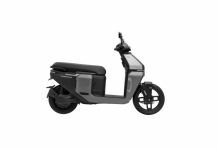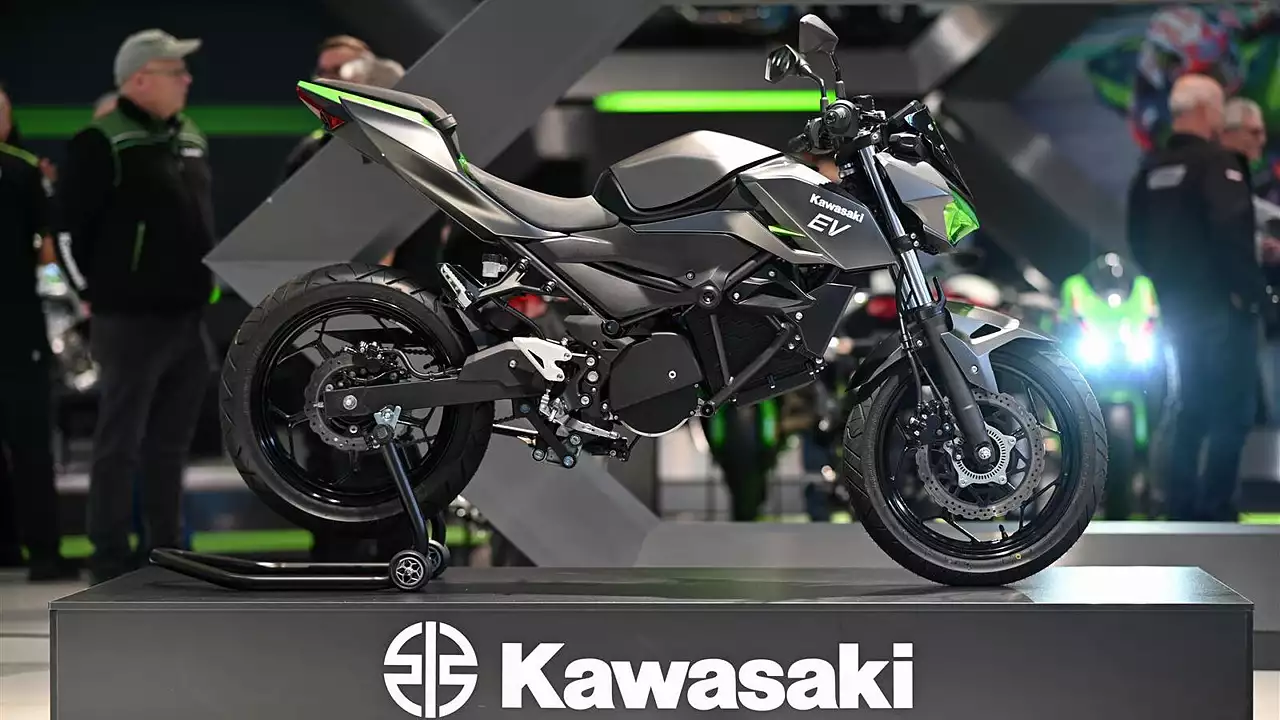The Renault Triber’s Global NCAP Re-Test: What Happened?
In a surprising turn of events, the Renault Triber—a popular MPV in India—recently faced a significant downgrade in its safety rating after being re-tested by Global NCAP for the South African market.
This re-evaluation resulted in a two-star rating, a stark contrast to the four-star rating it received in 2021.
The primary reason for this decline lies in the updated, more stringent testing protocols implemented by Global NCAP.
Let’s delve into the factors that led to this outcome and explore the broader implications for the automotive industry.
The Evolution of Safety Standards
Safety standards in the automotive industry are not static; they evolve continuously to incorporate new technologies and insights into vehicle safety.
The Renault Triber’s initial four-star rating in 2021 was based on older protocols, which focused primarily on basic crashworthiness and occupant protection.
However, Global NCAP has since revised its testing criteria, placing greater emphasis on advanced safety features such as electronic stability control (ESC), pedestrian protection, and other active safety systems.
These updated protocols aim to provide a more comprehensive assessment of a vehicle’s overall safety performance.
For the Triber, this meant undergoing a more rigorous evaluation process, which exposed some shortcomings that were not as heavily weighted in the previous assessment.
Key Areas of Concern
- Structural Integrity and Crashworthiness
- One of the critical areas of concern in the latest Global NCAP assessment was the structural integrity of the Renault Triber. The new testing protocols place a stronger emphasis on how well the vehicle’s structure absorbs impact energy during a collision. Unfortunately, the Triber’s structure did not perform as robustly as required, resulting in a lower score for occupant protection.
- Lack of Advanced Safety Features
- The updated protocols also evaluate the availability and effectiveness of advanced safety features. The Triber was found lacking in several areas, including the absence of electronic stability control (ESC) and advanced driver assistance systems (ADAS). These features are crucial for preventing accidents and protecting occupants in various driving conditions.
- Pedestrian Safety
- The protection of pedestrians in the event of a collision has become an increasingly important aspect of vehicle safety assessments. The Triber’s performance in this area did not meet the higher standards set by the latest Global NCAP protocols, contributing to its lower overall rating.
The Broader Implications
For Renault and the Indian Automotive Market
This rating downgrade serves as a wake-up call for Renault and other manufacturers operating in markets with rapidly evolving safety standards.
It underscores the need for continuous innovation and investment in vehicle safety technologies.
As consumers become more aware of safety ratings and their implications, manufacturers must prioritize safety to maintain competitiveness and consumer trust.
For Global NCAP and Safety Advocacy
The updated testing protocols reflect Global NCAP’s commitment to promoting safer vehicles worldwide.
By raising the bar for safety standards, Global NCAP encourages manufacturers to incorporate cutting-edge safety technologies and design improvements.
This shift is crucial for reducing road fatalities and injuries, particularly in emerging markets where the adoption of advanced safety features has been slower.
The Path Forward
Enhancing Vehicle Safety
For Renault, addressing the shortcomings identified in the re-test will be essential. This could involve reinforcing the Triber’s structural integrity, incorporating advanced safety systems, and improving pedestrian protection measures.
Such enhancements not only align with global safety trends but also provide a competitive edge in markets where safety ratings significantly influence consumer purchasing decisions.
Educating Consumers
The disparity between the Triber’s initial and updated ratings highlights the importance of educating consumers about the nuances of safety ratings.
It is essential for buyers to understand that these ratings are not static and can change as testing standards evolve. This awareness can drive demand for safer vehicles and encourage manufacturers to prioritize safety in their designs.
Conclusion
The Renault Triber’s recent Global NCAP re-test and resulting two-star rating serve as a crucial reminder of the dynamic nature of vehicle safety standards.
As Global NCAP continues to refine its protocols, manufacturers must stay ahead of the curve by integrating advanced safety technologies and improving overall vehicle safety.
For consumers, understanding the implications of these ratings is vital for making informed purchasing decisions.
In the broader context, this incident underscores the ongoing need for a global push towards safer vehicles, benefiting not just drivers and passengers but all road users.
As the automotive industry continues to innovate, safety must remain at the forefront of these advancements, ensuring that all vehicles meet the highest possible standards.































